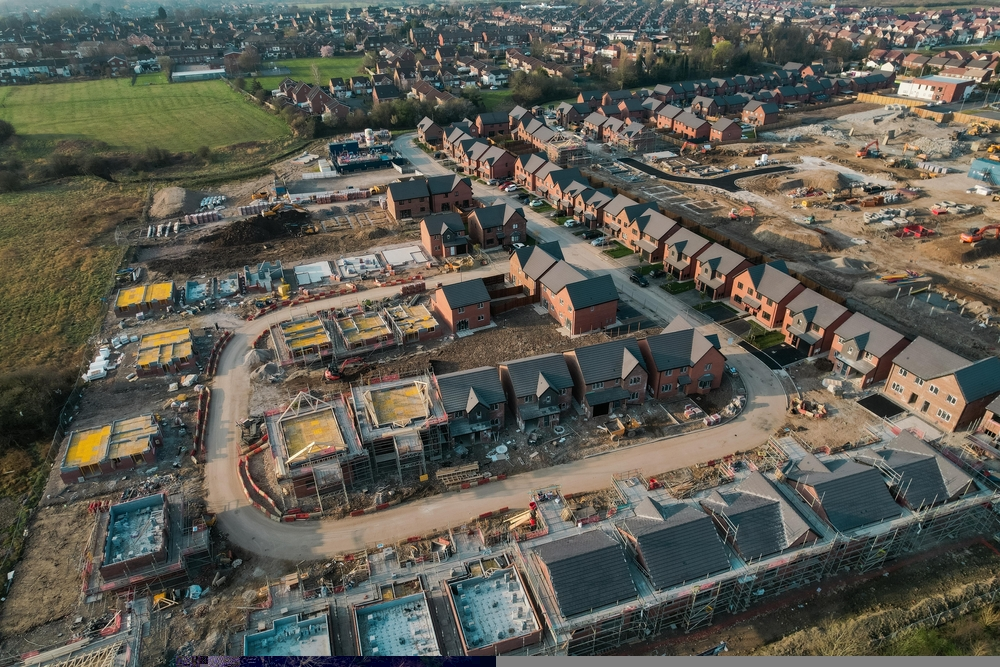

The government today opened a consultation on proposals to streamline “complex planning rules” and ease “onerous regulatory burdens” in order to deliver 1.5 million new homes by 2030.
This will see reduced BNG requirements for minor developments of up to nine houses, and will give powers to expert planning officers to approve them, rather than councillors.
Developments with 10 to 49 homes will fall under a new ‘medium site’ category and also be subject to simplified BNG rules, which currently require a minimum 10% habitat improvement.
However, the Wildlife and Countryside Link coalition of 89 environmental organisations warned that 70% of housing developments would no longer need to compensate for nature loss under the proposals, while developers could break up large projects into smaller ones to avoid the rules.
CEO Richard Benwell said: “These changes could leave the BNG system dead in the water and, with it, the government's main guarantee of nature-positive planning.
“BNG is there to ensure that local communities aren't robbed of the green spaces that make places better to live in, and that developers can't take from nature without giving something back. This should be the rule, not the exception.
“Government shouldn't turn back the clock to the days of damaging development, but ensure a level playing field for all developers to contribute to growth and nature restoration."
Once a development has been agreed in principle, technical details won’t keep going back and forth to committees under the plans.
Furthermore, Homes England will release more of its land exclusively to small and medium-sized businesses, while a new National Housing Delivery Fund will support long-term finance options such as revolving credit facilities and lending alliances.
The proposals follow a broader pattern of environmental rollbacks, including publication of the Planning and Infrastructure Bill, which the Office for Environmental Protection has described as a "regression".
“Today’s announcement is an example of short-term decisions that are chipping away at environmental protection, where the outcome will be a much greater long-term cost,” said Ben Goodwin, IEMA's director of policy and public affairs.
“Removing BNG requirements for small housing developments reduces the level of environmental protection at a time when we should be doing more to restore nature, not less.
“It also sends mixed messages to councils and developers who have already invested in the skills and systems to deliver on these environmental goals.”
Image credit: Shutterstock